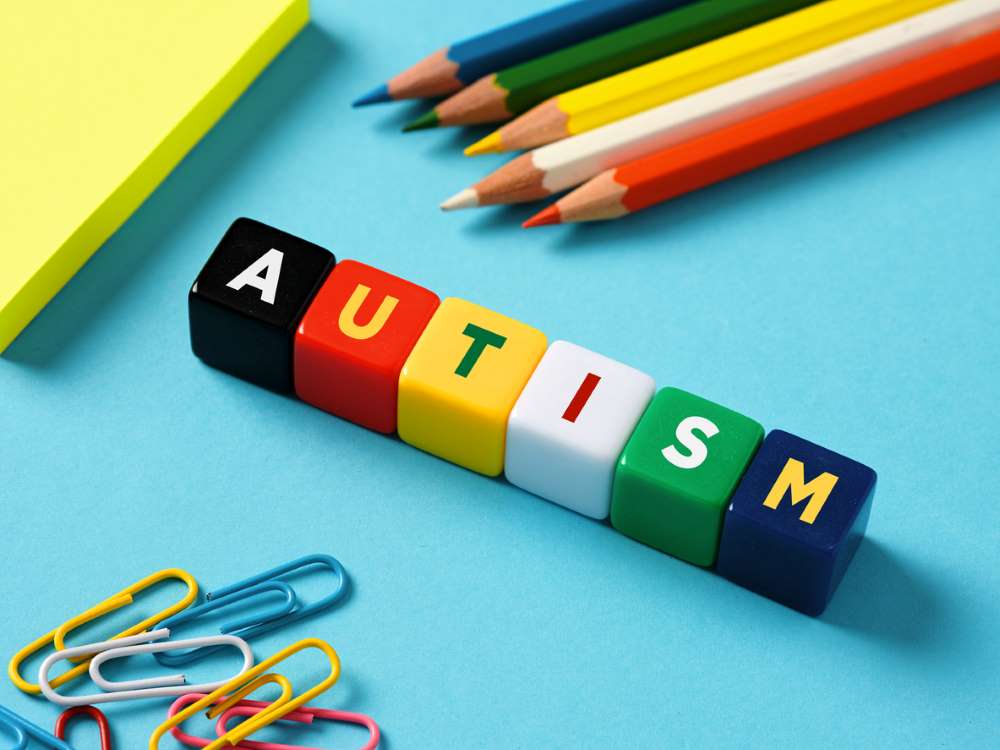
Children with autism have to learn in ways unique from other kids in their age group. Someone who is given an autism diagnosis can still live a long, fulfilling, and successful life, provided they get the necessary therapy and support they need at a young age.
Learning about different therapies for children with autism is crucial, as it allows parents to understand their options. One therapy doesn’t necessarily succeed with every autistic child. Sometimes, a combination of different therapies may end up achieving the success that parents are seeking. Below is our guide to the top four training methods for teaching children with autism in 2023.
1. CPI training
A relatively new term, CPI training refers to a comprehensive program that teaches people about non-violent crisis intervention techniques. There may be circumstances where a person diagnosed with autism suffers a mental health crisis that is taking a toll on them and those around them.
In such cases, CPI training can benefit a parent or loved one. That person would know the triggers for crises and the best way to handle specific episodes.
For instance, if a person diagnosed with autism behaves in a certain way, a parent would recognize that a tantrum may be close, leading to them engaging in preventive behavior to ensure the situation does not worsen.
2. Discrete trial training
A unique training strategy achieving significant success, discrete trial training refers to Applied Behavior Analysis, which involves breaking down skills into their most essential parts.
Anytime a parent, caregiver, or educator is attempting to teach a person diagnosed with autism a particular skill, they can break it down into its most basic form to ensure the message is getting across.
Such techniques are most useful in autistic children aged two to six but are helpful for people of any age. Discrete trial training is beneficial when teaching speech and language skills, daily living skills such as dressing and following instructions, and writing skills.
3. Family-based therapy
The family is the most important resource in the life of any autistic child. Family involvement in therapy is critical to its short and long-term success. Family-based therapies center around the autistic child but also consider the circumstances of the various family members.
These therapies ensure that parents are always at the front and center of decisions involving their children. Not only do autistic children learn various communication, behavioral, and educational skills, but parents and siblings can also learn a great deal. Having an autistic family member comes with challenges, so learning coping skills is important.
Parents and siblings who have an autistic person in their family gain a better understanding of the autism spectrum and, as a result, their loved ones. Family-based therapy can include one or more of the other techniques we have mentioned in this article, but the focus is always on the entire family's involvement. Having everyone be a part of the process ensures its sustainability.
4. Functional communication training
Another therapy that focuses on autistic children, functional communication training, is about replacing challenging behavior with more effective methods of communication.
One of the most significant issues for any child diagnosed with autism is communication, especially when they are first attending school and beginning to form relationships with others. Autistic children can have difficulty explaining what they want, how they feel, and why they behave in a certain way.
Children who are diagnosed with autism also find it difficult to read verbal and non-verbal cues from others. Functional communication training is a very effective way of teaching a child techniques they can use throughout their life.
A simple example would be a child who is upset that they cannot find their favorite toy. Perhaps the child is not sure how to approach the issue with a parent, caregiver, educator, or friend. Functional communication training would teach that child how to politely ask someone to help them find their favorite toy.
Learning that your child or loved one is autistic is tough for anyone to handle. You may have feelings of anxiety, fear, stress, and sadness. There is nothing wrong with having those feelings in the moment.
What you must realize is that children diagnosed with autism can go on to become highly successful, fully-functioning adults. People on the spectrum can hold jobs, be in relationships, get married, and even have their own children one day.
Reading about the above therapies for autistic children should help you better understand the plan of action you can create to help your child or loved one in the coming months and years.



























